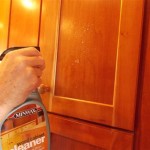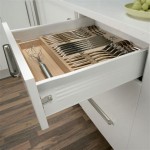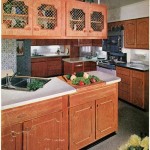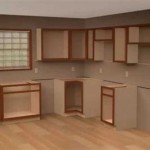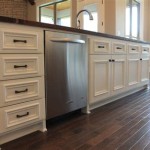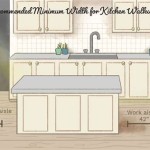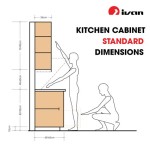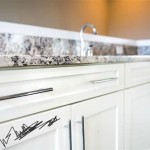Essential Aspects of Kitchen Cabinet Filler Ideas
Kitchen cabinet fillers are essential components for filling gaps between cabinets and walls, creating a seamless and finished look. Whether you're embarking on a kitchen remodel or seeking simple upgrades, incorporating cabinet fillers will significantly enhance the aesthetics and functionality of your space.
### Types of Cabinet Fillers1. Base Cabinet Fillers:
These fillers are used to fill spaces between base cabinets and floors or other appliances. They come in various sizes and styles to suit different cabinet heights.2. Wall Cabinet Fillers:
Wall cabinet fillers are placed between wall cabinets and walls or ceilings. They help create a polished look and prevent unsightly gaps.3. Crown Molding Fillers:
Crown molding fillers are installed on top of cabinets, providing a decorative element while concealing the gaps between cabinets and the ceiling. ### Materials for Cabinet Fillers1. Wood:
Wood fillers are durable and aesthetically pleasing. They can be painted or stained to match your cabinets, offering a seamless appearance.2. MDF (Medium-Density Fiberboard):
MDF fillers are cost-effective and easy to work with. They can be painted or veneered to match surrounding cabinetry.3. Thermofoil:
Thermofoil fillers are a vinyl-based material that is heat-applied to MDF. They are durable, waterproof, and come in a wide range of colors and finishes. ### Choosing the Right Filler Size Determining the correct filler size is crucial to ensure a snug fit. Measure the gap between the cabinet and the wall or appliance, making sure to account for any irregularities. Choose a filler that is slightly wider than the gap to ensure a secure fit. ### Installation Tips1. Prepare the Surface:
Clean the surface of the cabinet and wall where the filler will be installed. Remove any dust or debris.2. Apply Construction Adhesive:
Apply a thin layer of construction adhesive to the back of the filler.3. Position the Filler:
Place the filler into the gap and press firmly to secure it. Use a level to ensure it is level and aligns with the cabinet.4. Secure the Filler:
Drive screws through the filler into the cabinet and wall. This will provide additional support and prevent the filler from becoming loose.5. Finish the Filler:
If the filler is of a different material than the surrounding cabinetry, paint or veneer it to match for a cohesive look. ### Decorative Elements In addition to their functional purpose, cabinet fillers can also serve as decorative elements. Consider incorporating the following design ideas:1. Scribe Moldings:
Scribe moldings can be added to the edges of fillers to create a decorative and professional-looking finish.2. Lighting:
Install under-cabinet lighting beneath fillers to illuminate the area below and create a warm, inviting ambiance.3. Open Shelves:
Remove the door from a filler and install shelves for additional storage or display space. Incorporating cabinet fillers into your kitchen design is essential for achieving a polished and functional space. By considering the types, materials, sizes, and decorative elements, you can enhance the aesthetics and functionality of your kitchen for years to come.
Kitchen Wall Cabinet Fillers Cabinets Installing

6 Filler Tray Base Cabinet Momplex Vanilla Kitchen Ana White

How To Install Cabinet Filler Strips

How To Use Filler Panels With Your Cabinets House Home

How To Install Cabinet Filler Strips

Kitchen Cabinet Fillers 3 Facts You Must Know Homelane Blog

How To Use Filler Panels With Your Cabinets House Home

Top 26 Awesome Ideas To Use Narrow Or Dead Space In Kitchen

How To Use Filler Panels With Your Cabinets House Home

How To Install Cabinet Filler Strips
Related Posts

